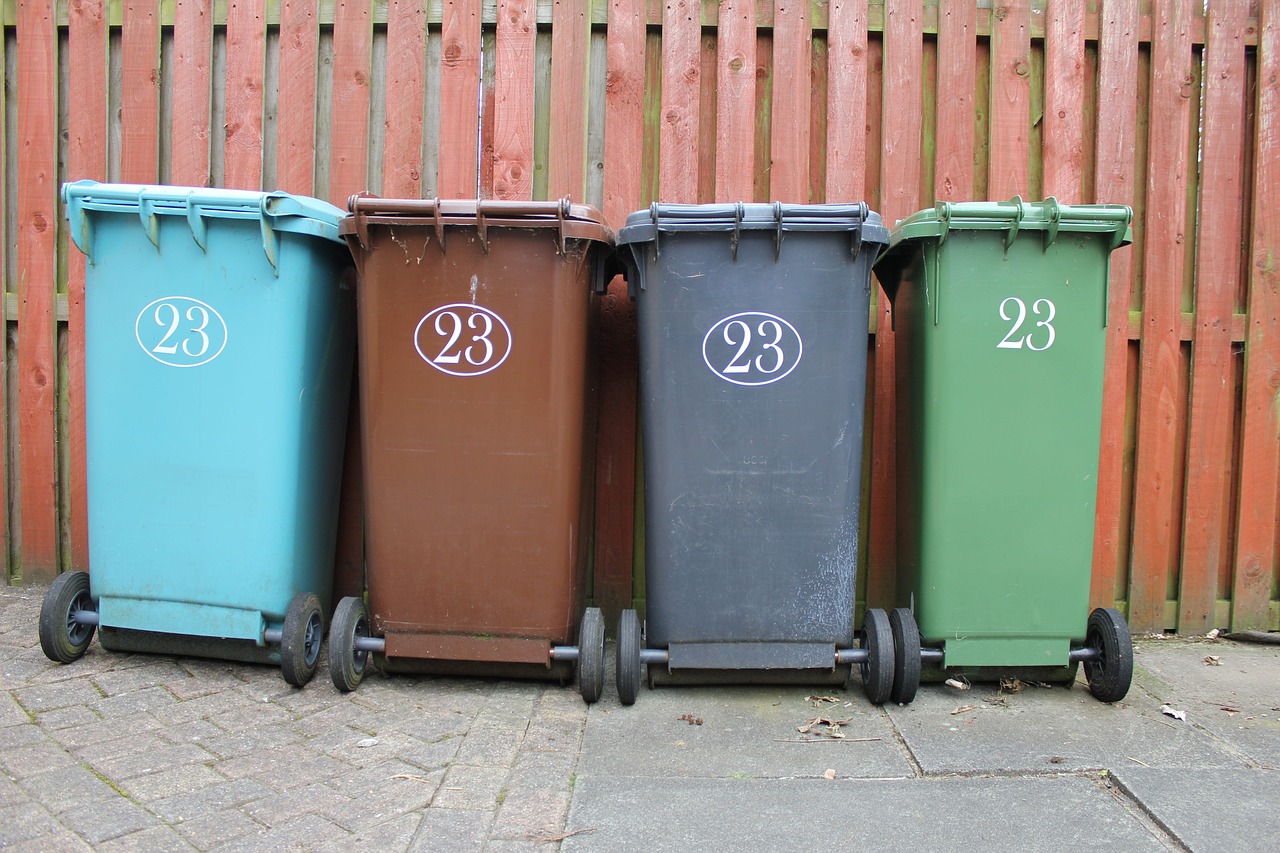4 Types of Garbage
 Residential households and businesses across Canada hold proper waste management and recycling practices in high regard. Be it commercial construction sites which may generate significant amounts of waste, or small office buildings producing less sizeable volumes, waste management is important.
Residential households and businesses across Canada hold proper waste management and recycling practices in high regard. Be it commercial construction sites which may generate significant amounts of waste, or small office buildings producing less sizeable volumes, waste management is important.
Prior to hiring or considering a waste disposal company, it is important to understand the differences between waste types. By knowing what waste you need managed, the more thorough an understanding you will have when hiring a waste management company. These are the four types of waste, commonly used by waste disposal companies to classify different categories of service.
Household waste
Waste disposal companies classify household or domestic waste as garbage that is typically produced in the home. Household waste contains items that are recyclable and non-recyclable. Much of these materials, particularly those coming from the kitchen, contain traces of food and non-recyclable waste. To manage this type of waste, waste disposal companies’ regular services are all that is typically required. In this instance, basic waste bins are provided and then, are collected at a later date.
Hazardous, liquid and non-liquid waste
If the materials requiring disposal contain harmful or dangerous chemicals to human health or the environment, they are referred to as ‘hazardous waste’. There are strict regulations on how to handle hazardous waste, which is sometimes different depending on the local government authority. Municipal garbage collection typically does not accept hazardous waste. In many cases, hazardous waste needs to be dropped off at a specific processing location. When a waste management company is hired to dispose of hazardous liquid and non-liquid waste, ensure that they have specialized knowledge in how to handle this waste.
Construction/demolition waste
Construction and demolition waste may include more basic items all the way to asbestos and contaminated soil, excavated materials such as soil and rock, plaster, brick, concrete, asphalt, vegetation, and wood. This type of waste is generated quickly and in large amounts. Regarding asbestos and similar materials, there may be specific processes and procedures that need to be adhered to. In all cases, waste management companies need to have the proper support mechanisms in place to be able to handle such large amounts.
Electronic waste
The fastest growing category of waste is electronic waste, originated from the smartphones, tablets, laptops, computers, and gadgets are we discard on a daily basis. As pieces of tech come and go, those discarded cannot be carelessly dumped into landfills. They contain some components that can be recycled, in addition to others that would be classified as hazardous. Sometimes referred to as ‘e-waste’, this type of waste should not be allowed to interact with the natural environment without having been properly processed first. It takes a very special waste management company to be able to handle e-waste. Be sure to inquire with a local waste collection company representative to find out what their process is in handling electronic waste.
These are the four main types of garbage however there are other classifications of waste, including organic waste, mineral oil waste, glass, lead acid batteries waste, dry cleaning waste, tire waste, medical waste, and bio-solid waste. Always speak with a waste management company representative, prior to hiring. Always be clear with what waste you require disposal for. For any experienced waste management company, they should be able to recommend a cost-effective, appropriate solution.


